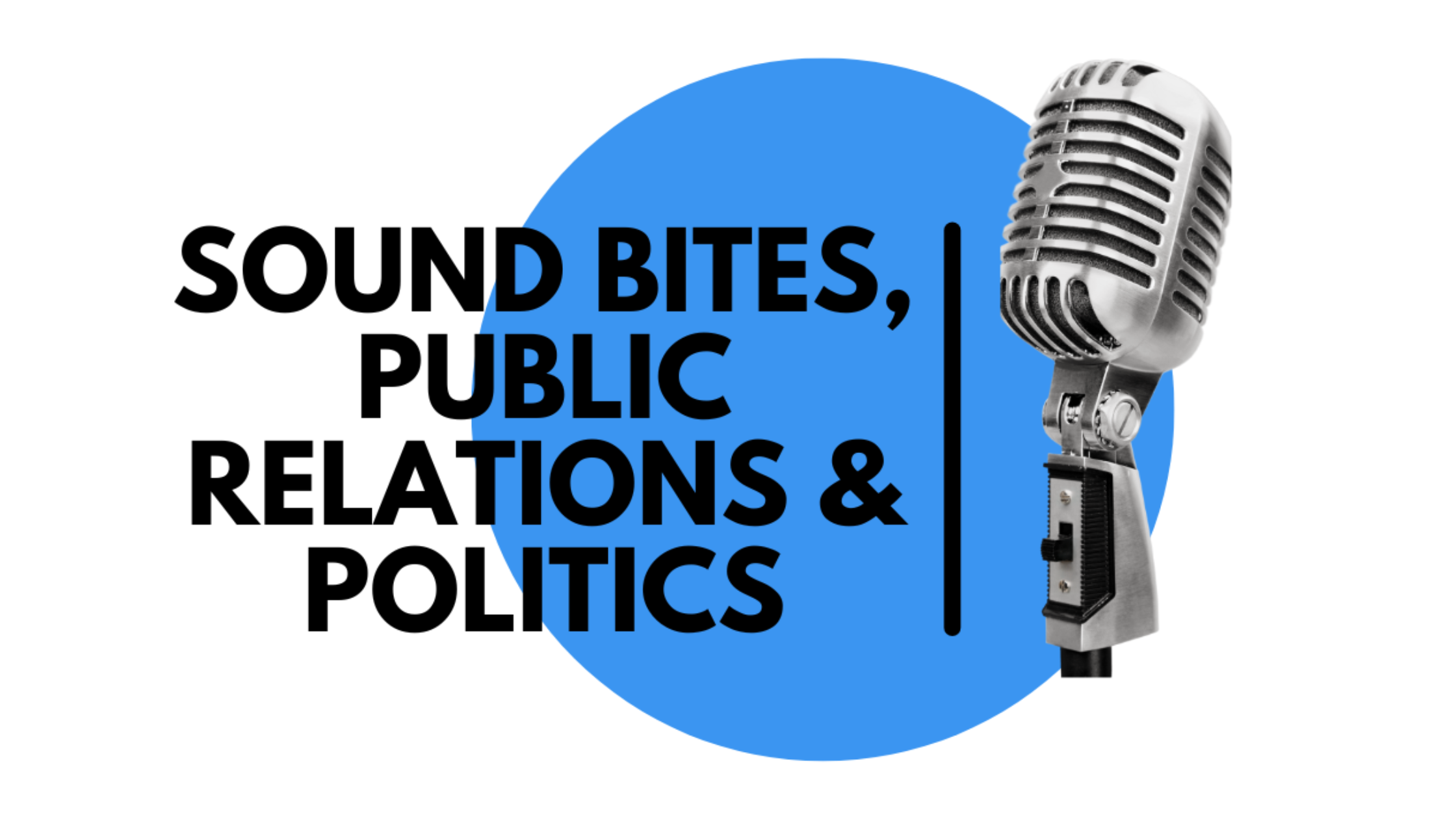What is a sound bite?
A sound bite is a short clip extracted from a longer interview, speech, or announcement. The Cambridge Dictionary defines a soundbite as “a short sentence or phrase that is easy to remember, often included in a speech made by a politician and repeated in newspapers and on television and radio.” In present times, increasingly more video and media content are consumed in short form (largely due to platforms like TikTok and Instagram Reels – even dating back to Vine) giving soundbites an environment to thrive.
When sound bites are done effectively, they can be catchy, memorable, informative, empowering, and essential in providing effective messaging to the public. Locally, former Premier Stephen McNeil held more than 97 COVID-19 media briefings during the height of the pandemic to keep Nova Scotians informed about pandemic protocols. After close to one hundred briefings, most Nova Scotians can say that they are all too familiar with just four words the Premier said: “Stay the blazes home”. This sound bite phrase would continually be looped on television, radio, and social media sites for many months to come, with the continuous message during pandemic lockdowns – stay home to protect others.
Historically, many political figures have utilized sound bites to gain traction in their messaging and further communication goals. In 1961, President John F. Kennedy delivered a 15-minute-long inauguration speech after narrowly winning the presidency. President Kennedy stated “Ask not what your country can do for you – ask what you can do for your country,” to communicate the importance of contributing to the good of society. Following this speech, President Kennedy’s approval ratings hit 75 per cent. Over 60 years later, this soundbite is still extremely recognizable.
How can media coaching help with soundbites?
Politicians and public figures have communications staff to support media coaching and speech writing but are no strangers to the power of sound bites and misleading information. Recently Canadian Finance Minister, Chrystia Freeland, was interviewed about the skyrocketing cost of living. The most memorable sound bite from this interview, projected across various news sources, was Freeland’s family cutting out their Disney+ subscription, with the Minister stating “I said to the kids, ‘You’re older now. You don’t watch Disney anymore. Let’s cut that Disney+ subscription. So, we cut it. It’s only $13.99 a month that we’re saving, but every little bit helps.” This soundbite was shared across news channels and social media, causing a public outcry from Canadians scorning over the Finance Minister comparing a Disney+ subscription to concerns like the rising housing costs and the cost of groceries.
To successfully utilize sound bites, public relations professionals must educate their spokespeople on the important key messages that they want the media to project to the public (In this example the message wasn’t to cancel Disney+ subscriptions). The message must be condensed into a simple, plain language sound bite phrase, to be picked up by the media. Repetition is important to get traction on specific messaging.
Above all, practice! Delivering important speeches and messages is both a science and an art that can be improved through regular coaching and practice. There are countless examples of good (and bad!) sound bites throughout history – does one stand out to you?
Written by: Megan Savary
Edited by: Leah Coughlin





